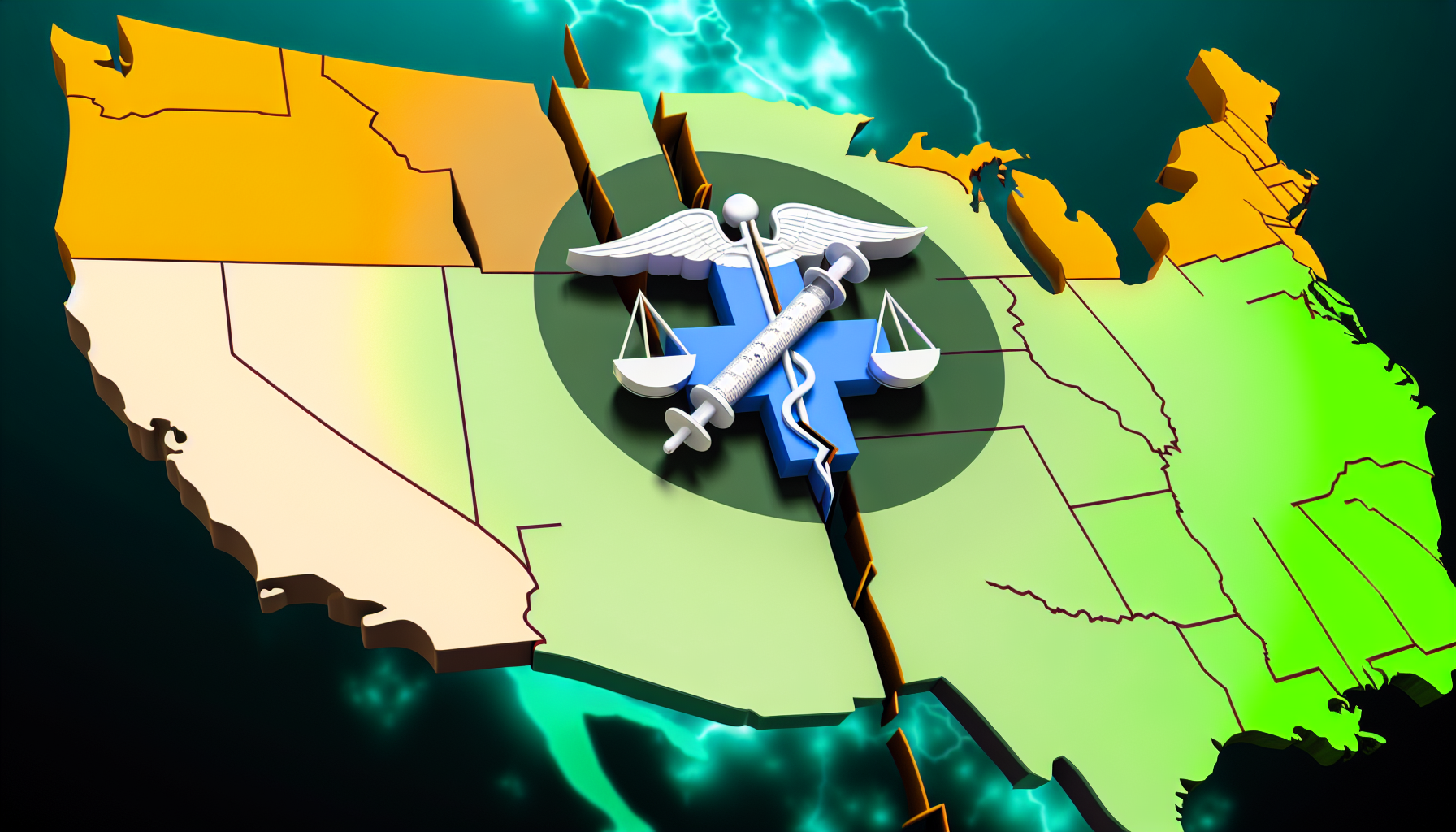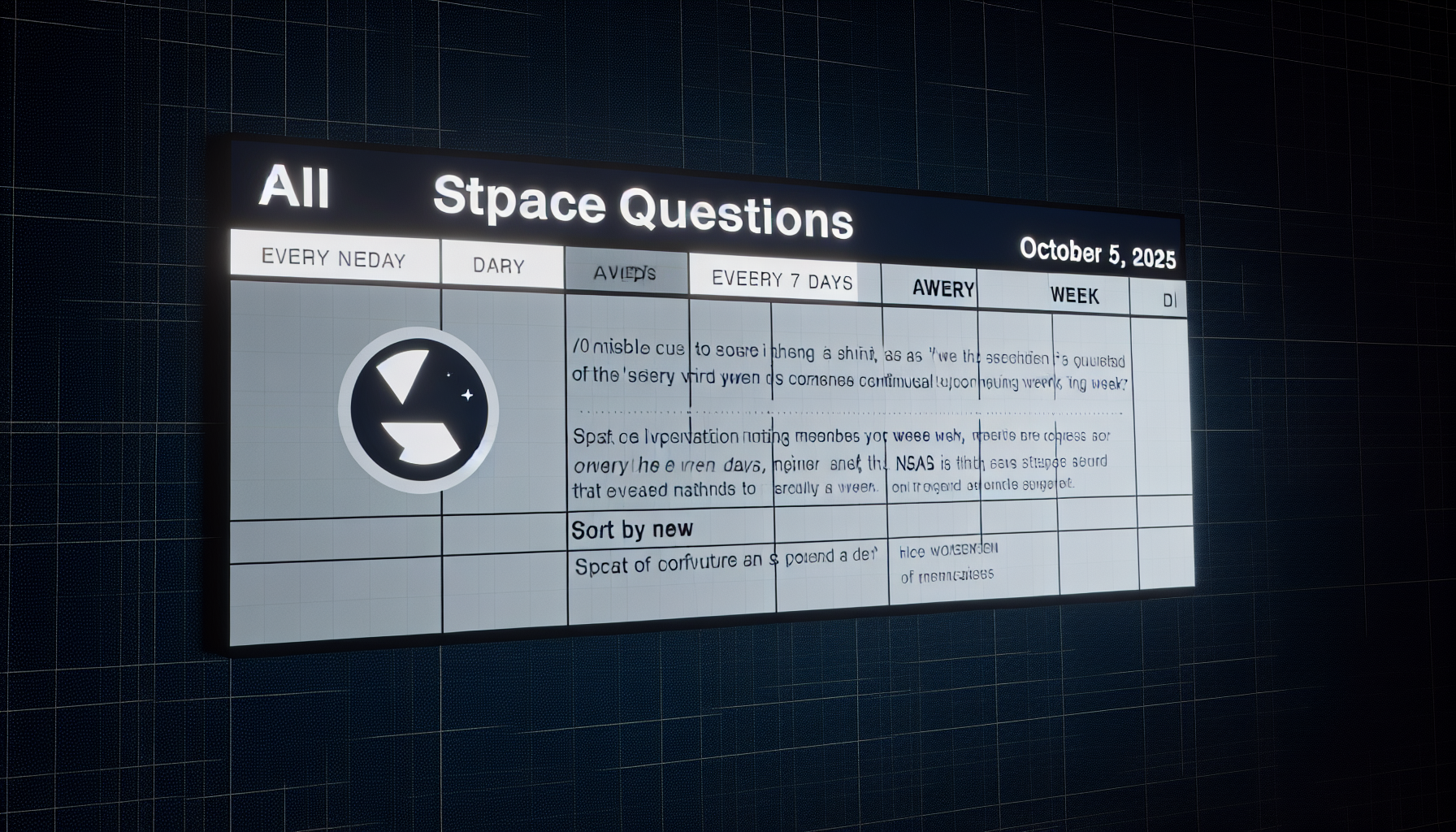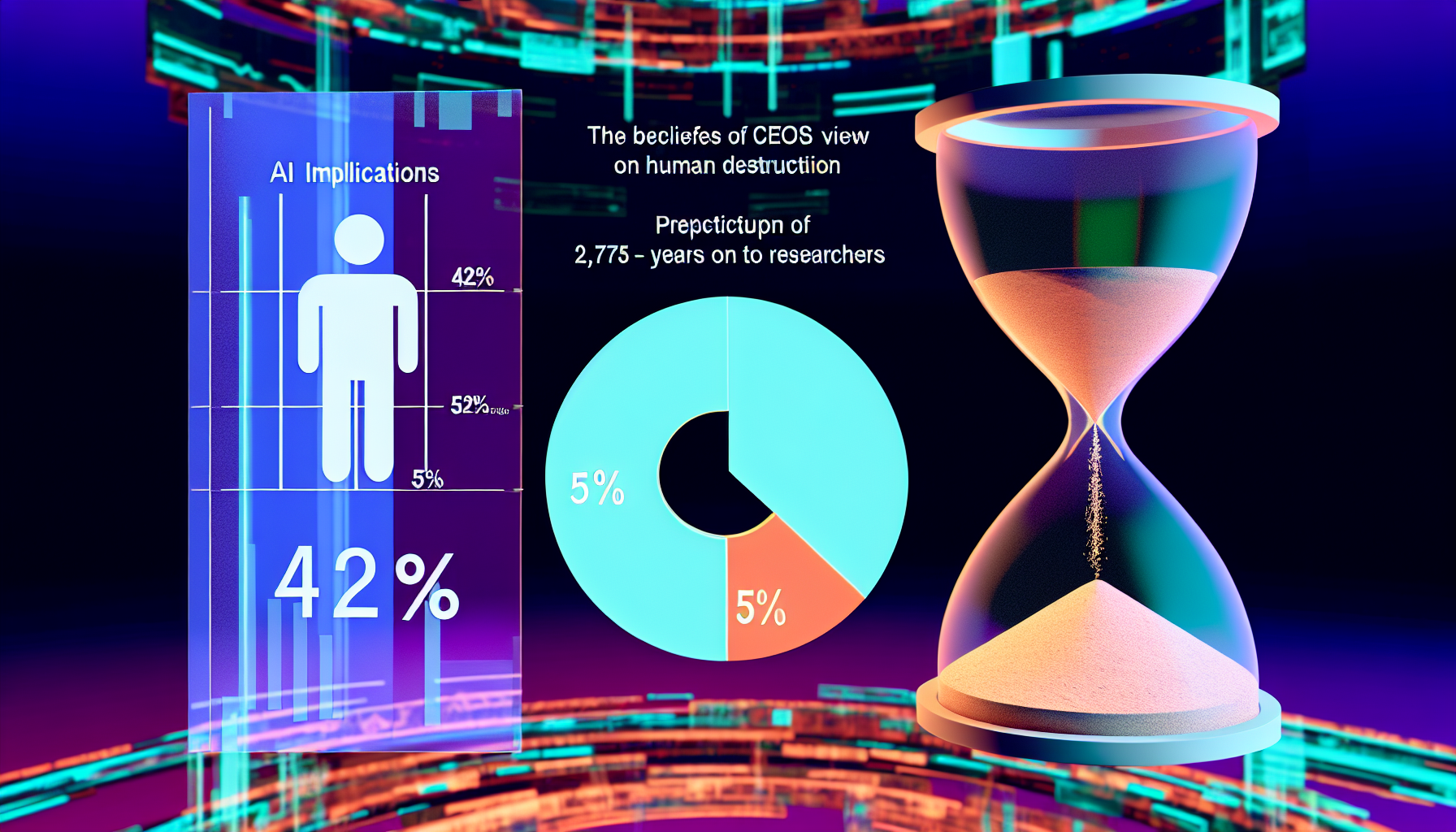California says it can no longer rely on Washington to guide COVID-19 vaccine policy. With vaccine trust in question, the state has joined Oregon and Washington to create the West Coast Health Alliance, a regional effort to provide evidence-based immunization recommendations as federal credibility and capacity come under intense political strain [3].
Key Takeaways
– Shows three states launched a West Coast Health Alliance on Sept. 3, 2025 to issue evidence-based vaccine guidance as federal credibility erodes. – Reveals CDC budget was reportedly cut 42%, with senior resignations alarming experts about readiness for measles, Ebola, and bird flu responses. – Demonstrates 17 ACIP members were dismissed in June 2025; 5 new appointees now help form a 12-member panel that includes mRNA critics. – Indicates alliance pledges coordinated guidance, respect for tribal sovereignty, and alignment with medical organizations to restore public confidence quickly. – Suggests diverging COVID-19, MMRV, and hepatitis B recommendations could emerge, creating supply and planning uncertainty for manufacturers and providers.
Why California says vaccine trust is broken
The immediate catalyst is a dramatic reshuffling at the federal level. In June 2025, 17 members of the CDC’s Advisory Committee on Immunization Practices (ACIP) were dismissed, and on Sept. 15, HHS Secretary Robert F. Kennedy Jr. appointed five new members to a reconstituted 12-member panel that includes critics of mRNA vaccines [1]. California officials argue these changes could politicize key recommendations on COVID-19, MMRV, and hepatitis B, amplifying uncertainty for families and clinicians [1].
That upheaval comes as experts warn the CDC’s capacity is being hollowed out. A reported 42% budget reduction and departures of senior figures have “alarmed” public health leaders, who say diminished expertise threatens responses to resurgent measles, Ebola, and bird flu [2]. Critics attribute the turmoil to Project 2025 and HHS reforms under Kennedy, arguing the moves risk eroding public trust in vaccines precisely when clear, evidence-based guidance is most needed [2].
Inside the West Coast Health Alliance
In response, California, Oregon, and Washington announced the West Coast Health Alliance on Sept. 3, 2025, touting science-driven coordination that can deliver timely, unified immunization guidance independent of federal reversals [3]. Governor Gavin Newsom framed the effort as a commitment to “protect residents with science, not politics,” signaling that the alliance plans to move quickly to restore vaccine confidence through transparent decision-making and expert input [3].
Washington Governor Bob Ferguson echoed the urgency, condemning the “dismantling” of CDC credibility and warning that manufacturers and providers face planning uncertainty if schedules and recommendations shift unpredictably [4]. The states pledged to respect tribal sovereignty and align their guidance with trusted medical organizations to maintain access, minimize confusion, and stabilize supply chains across the region [4]. Professional groups note that unified state guidance can help preserve public confidence and access when national signals are mixed or delayed [5].
What a split means for vaccines and providers
A regional break from Washington could have immediate operational consequences. If California, Oregon, and Washington issue their own COVID-19, MMRV, or hepatitis B recommendations, manufacturers and distributors may need separate planning runs, contracts, and labeling strategies for the West Coast compared with the rest of the country [4]. Providers would face parallel documentation and consent processes, potentially complicating ordering, billing, and inventory management during fall immunization campaigns [4].
Alliance officials argue that coordinated, evidence-based guidance across three states can actually reduce confusion relative to a vacuum or a politicized federal process [3]. By committing to align with medical organizations and develop shared principles quickly, the alliance aims to speed decisions and give pharmacies, clinics, and health systems earlier heads-up on dosing intervals, age indications, and co-administration practices [5]. The explicit promise to respect tribal sovereignty also seeks to harmonize public health guidance with tribal health leadership and community priorities [3].
The ACIP pivot and upcoming guidance
Federal shifts now hinge on a smaller, newly appointed ACIP. With five new members added and the body rebuilt to 12 seats, the panel could steer near-term updates on COVID-19 seasonal formulations, combination schedules like MMRV, and adult hepatitis B strategies [1]. Because several new appointees are critical of mRNA platforms, states fear federal guidance could swing away from well-established evidence, potentially disorienting providers who rely on consistent, peer-reviewed recommendations [1].
Compounding the problem, CDC’s reported 42% budget cut and leadership departures may slow evidence synthesis, communications, and surveillance—core functions needed to update vaccine guidance with speed and rigor [2]. Experts have warned that reduced capacity comes as the U.S. wrestles with overlapping threats from measles outbreaks to emerging zoonoses, making any delay or mixed messaging especially costly for public confidence and uptake [2]. In this context, West Coast leaders are preparing to publish their own recommendations if federal guidance is delayed or deemed unreliable [3].
Why California says vaccine trust is a statewide responsibility now
California’s stance is that vaccine trust must be rebuilt from the ground up through consistent, transparent processes that the public can see and test. The state’s announcement emphasizes rapid development of shared principles and a clear separation from partisan pressure, aiming to show that decisions reflect consensus among independent experts and medical organizations [3]. Washington’s leaders have similarly stressed collaboration with clinicians and patient groups to ensure guidance is both scientifically defensible and operationally feasible in crowded fall calendars for respiratory vaccines [4].
By articulating a repeatable framework—evidence review, expert consultation, public communication—the alliance wants to stabilize routine immunization alongside COVID-19 updates, so parents know when MMRV is due, adults understand hepatitis B coverage, and pharmacists can plan staffing and cold-chain capacity [5]. Alliance briefings also highlight that predictable policy reduces waste and lifts uptake by cutting through noise—a critical step in re-establishing vaccine trust without waiting for contested federal processes to settle [3].
Can a regional alliance repair vaccine trust?
Trust is a lagging indicator; it rises only after consistent decisions produce predictable results. The alliance is betting that consistent, multistate guidance—paired with visible medical-society alignment—can counteract confusion arising from ACIP turnover and federal budget cuts [5]. California points to rapid, transparent principles and respectful engagement with tribal health systems as signals that decisions won’t be rushed or politicized, but will be explainable and testable in public [3].
Measurable milestones will matter. If the alliance can issue timely fall guidance on COVID-19 and routine immunizations, reduce provider backlogs, and avoid supply mismatches despite national turbulence, it could demonstrate a workable model for state-led coordination [4]. The flip side is risk: Divergent recommendations could add complexity if federal guidance stabilizes later, and the alliance will be judged on whether its decisions hew to the best available evidence, not the loudest politics [5]. For now, leaders argue that the status quo in Washington leaves them little choice [4].
The political stakes heading into late 2025
The personnel and budget shifts have turned an expert-driven process into a political flashpoint. The Guardian’s reporting that Americans “should be alarmed” captured the frustration from scientists who see a 42% CDC budget reduction as a direct hit on the agency’s ability to steward vaccines and communicate risks [2]. Meanwhile, the timing of the five ACIP appointments, just months after 17 dismissals, underscores how quickly the center of gravity can move inside the nation’s immunization apparatus [1].
The governors’ statements are unusually blunt, framing the alliance as a necessary firewall against what they call the “dismantling” of CDC credibility under federal leadership [4]. California’s notice explicitly links the move to preserving scientific integrity, drawing a line between public-health evidence and partisan conflict as fall respiratory virus season approaches [3]. Professional groups, for their part, stress that maintaining access and confidence will hinge on minimizing mixed messages during a pivotal immunization window [5].
Sources:
[1] Reuters – Kennedy appoints five new members to US vaccine panel: www.reuters.com/business/healthcare-pharmaceuticals/kennedy-appoints-five-new-members-us-vaccine-panel-2025-09-15/” target=”_blank” rel=”nofollow noopener noreferrer”>https://www.reuters.com/business/healthcare-pharmaceuticals/kennedy-appoints-five-new-members-us-vaccine-panel-2025-09-15/
[2] The Guardian – ‘Americans should be alarmed’: Experts say loss of expertise at CDC will harm US health: https://www.theguardian.com/us-news/2025/sep/15/cdc-leadership-loss-experts-alarmed [3] Office of the Governor of California – California, Oregon, and Washington to launch new West Coast Health Alliance to uphold scientific integrity in public health as Trump destroys CDC’s credibility: www.gov.ca.gov/2025/09/03/california-oregon-and-washington-to-launch-new-west-coast-health-alliance-to-uphold-scientific-integrity-in-public-health-as-trump-destroys-cdcs-credibility/” target=”_blank” rel=”nofollow noopener noreferrer”>https://www.gov.ca.gov/2025/09/03/california-oregon-and-washington-to-launch-new-west-coast-health-alliance-to-uphold-scientific-integrity-in-public-health-as-trump-destroys-cdcs-credibility/
[4] Office of the Governor of Washington – Washington, California and Oregon to launch new West Coast Health Alliance to uphold scientific integrity: https://governor.wa.gov/news/2025/washington-california-and-oregon-launch-new-west-coast-health-alliance-uphold-scientific-integrity [5] AABB – California, Oregon and Washington Announce Launch of West Coast Health Alliance: www.aabb.org/news-resources/news/article/2025/09/03/california–oregon-and-washington-announce-launch-of-west-coast-health-alliance” target=”_blank” rel=”nofollow noopener noreferrer”>https://www.aabb.org/news-resources/news/article/2025/09/03/california–oregon-and-washington-announce-launch-of-west-coast-health-alliance
Image generated by DALL-E 3











Leave a Reply